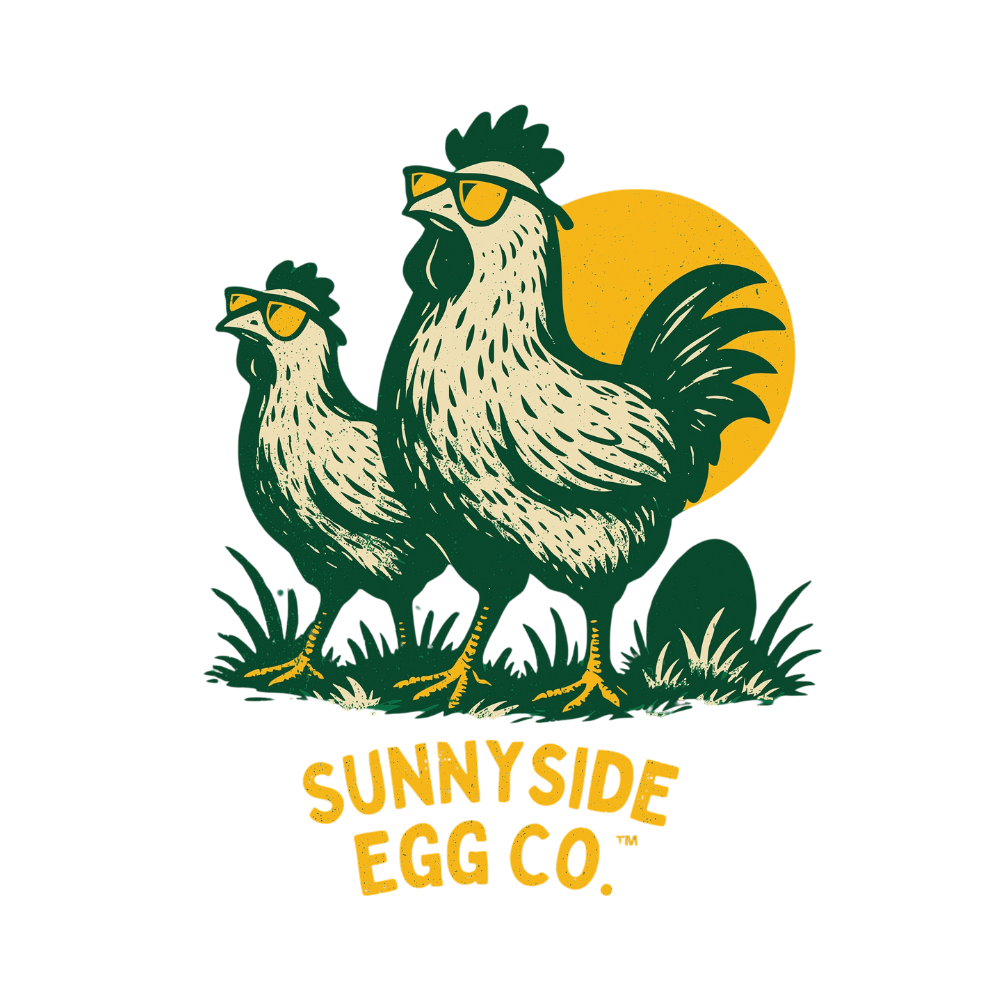
The Truth About Pasture-Raised Eggs: Sunnyside Egg Co. vs. Vital Farms
When it comes to choosing high-quality eggs, many consumers are eager to support brands that promote animal welfare and sustainable practices. However, not all pasture-raised egg brands are created equal. In this article, we’ll explore how Sunnyside Egg Co. produces truly pasture-raised eggs from hens that roam freely on lush pastures, in contrast to Vital Farms, which has a different approach to its egg production that involves barn-raised hens with limited outdoor access.
What Does "Pasture-Raised" Really Mean?
Understanding what "pasture-raised" means is crucial for consumers who want to make informed choices. The term generally implies that hens are allowed to forage in open pastures, accessing natural food sources and enjoying a more enriched lifestyle compared to conventional battery-caged systems. However, the specifics of this practice can vary significantly between different brands.
Sunnyside Egg Co.: True Pasture-Raised
At Sunnyside Egg Co., the commitment to pasture-raised practices is genuine. Our hens are raised in a true pasture environment where they can roam freely, forage for insects and greens, and engage in natural behaviors. This lifestyle not only enhances the quality of the eggs but also supports the well-being of the hens.
-
Access to Pasture: Sunnyside ensures that our hens have constant access to spacious pastures, allowing them to experience a natural and fulfilling life. This approach promotes better health and, in turn, higher-quality eggs.
-
Sustainable Practices: The farming methods employed by Sunnyside prioritize sustainability. We utilize rotational grazing to maintain soil health and encourage biodiversity, benefiting both the environment and the community.
Vital Farms: Barn-Raised with Limited Outdoor Access
On the other hand, while Vital Farms markets its eggs as pasture-raised, the reality is a bit more complex. The hens are typically raised in barns, where they are provided with limited outdoor access through small openings. This setup can create misconceptions about the level of freedom and quality of life the hens actually experience.
-
Limited Foraging: While hens at Vital Farms have the option to go outside, the outdoor areas are often small and not as conducive to natural foraging behaviors. Many hens may choose to stay inside the barn, limiting their exposure to the outdoors.
-
Confinement Concerns: The barn environment can lead to conditions that are still more confining than a true pasture setting. While there are better standards compared to conventional battery cages, the hens do not enjoy the same level of freedom and natural behavior that they would at a farm like Sunnyside Egg Co.
Why It Matters
Understanding the differences between these two production methods is essential for consumers who prioritize animal welfare and egg quality. Choosing eggs from a farm that truly allows hens to thrive in a pasture environment not only supports better animal care but also results in superior nutritional benefits.
-
Nutritional Quality: Eggs from hens that are truly pasture-raised tend to have higher levels of omega-3 fatty acids and vitamins due to their natural diet, which includes a variety of plants and insects.
-
Ethical Consumption: By supporting brands like Sunnyside Egg Co. that practice true pasture-raised farming, consumers can feel good about their choices, knowing they are contributing to more humane treatment of animals.
Conclusion
While the egg market continues to evolve, it’s crucial for consumers to be aware of the distinctions between different brands and their practices. Sunnyside Egg Co. stands out for its commitment to producing eggs from hens that genuinely thrive in pasture environments, while Vital Farms, despite its marketing claims, raises hens in barns with limited outdoor access. When choosing your next dozen eggs, consider the source and the conditions under which the hens are raised. Making informed decisions not only benefits your health but also supports more ethical and sustainable farming practices.
Share
